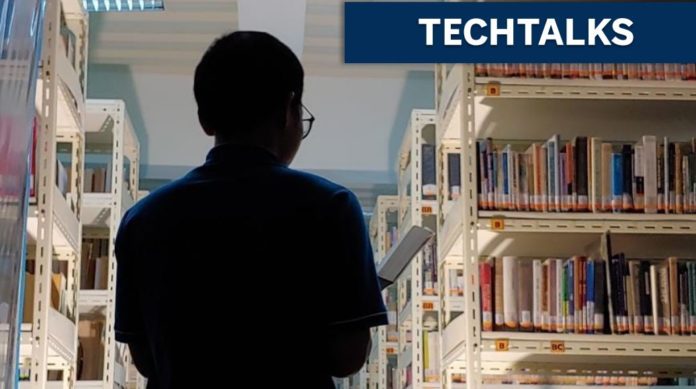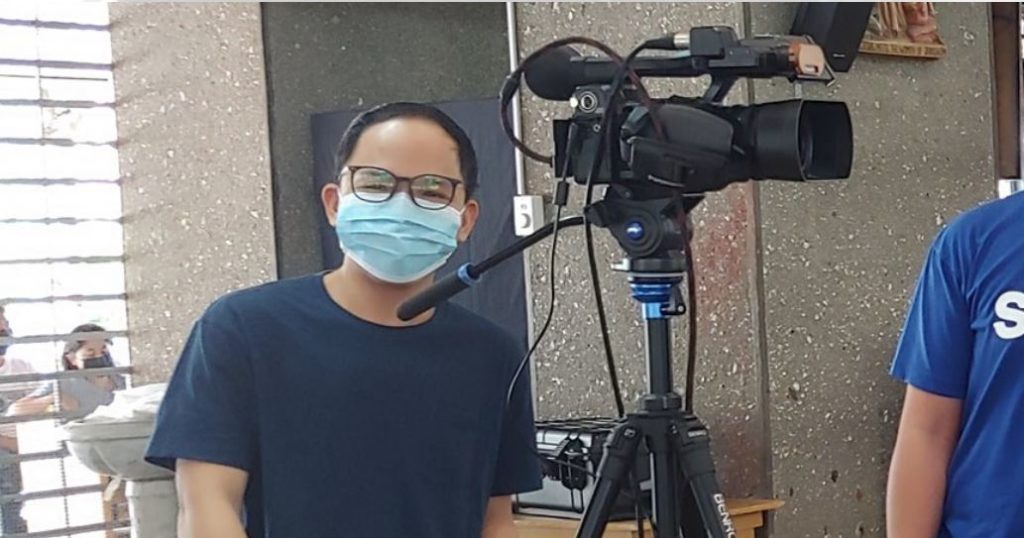The pandemic has affected the whole movement of the people so that activities that need physical presence became limited. People from different sectors of society seem to have been boxed inside their homes. The Church also experienced such limitations, resulting in masses and liturgical celebrations held through the virtual screens. In the seminary, student-seminarians have not been excluded from these new movements. Our classes were transferred to computer machines, and our usual apostolates were done in alternative forms that restrained us from truly reaching out to people. All of these changes and transference have become our lifestyle that perhaps is low in personal touch but high in technological engagements.
Being boxed alone in a closed room and engaging in technology have been striking for us. It may be a new culture, but one of the videogames I played, CyberPunk, presents a similar phenomenon. CyberPunk presents a technologically advanced society in which high-tech machines mediate movements. People in CyberPunk live a low life, so the player navigates the society encountering the worst crimes, like drugs, murder, and corruption. But these crimes are covered up by technologies programmed to hide illegal activities in high-end machines. Therefore, the goal of the player is to choose whether to take side with the evil or with the good, and such choice affects the ending.
Now, we are experiencing a similar form of gameplay. The computer, with its mobility and interactivity, mediates our daily life. We virtually cross other countries even if we are inside our quarantine rooms.
Computers have destroyed the barriers of Covid protocols, especially for people considered “big” in society. The smaller lifestyle is being witnessed, low sensitivity to life. Despite this extent of the computer’s reach, it has some disadvantages. Computers cannot allow us to reach out to others who have been staying in the streets. These machines can hide the true identity of the persons who abuse the technology for personal gratification.
These abuses of technology are inevitable in the situation we face; however, people and even the Church avail of this computer mediation. We use social networks to shop through digital money. We conduct classes online and deliver the Church’s sacramental endeavors. Technology has converted almost all of the activities that we have been doing physically. It is, therefore, our duty to check our moral choices when we engage in this rising culture. We have witnessed how goodness has resulted in such engagements, but we must also be cautious of the predators who commit cybercrimes, like hacking, identity theft, cyberbullying, and the like. It is incumbent for us to reconcile these negativities in the cyber world with our creative goodness. We can support the Church using social media to speak the truth in countering fake news and the different agencies that use computers for fundraising and charity works.
Now, with people’s energies spent in this technology-mediated world of technologies, we can imagine what creative powers would result from these energies directed to a more profound spiritual realization through technologies.
Bro. Sigfrid Rosin, C.Ss.R
(from Review Ang Lingganay, Davao 2020-2021)







